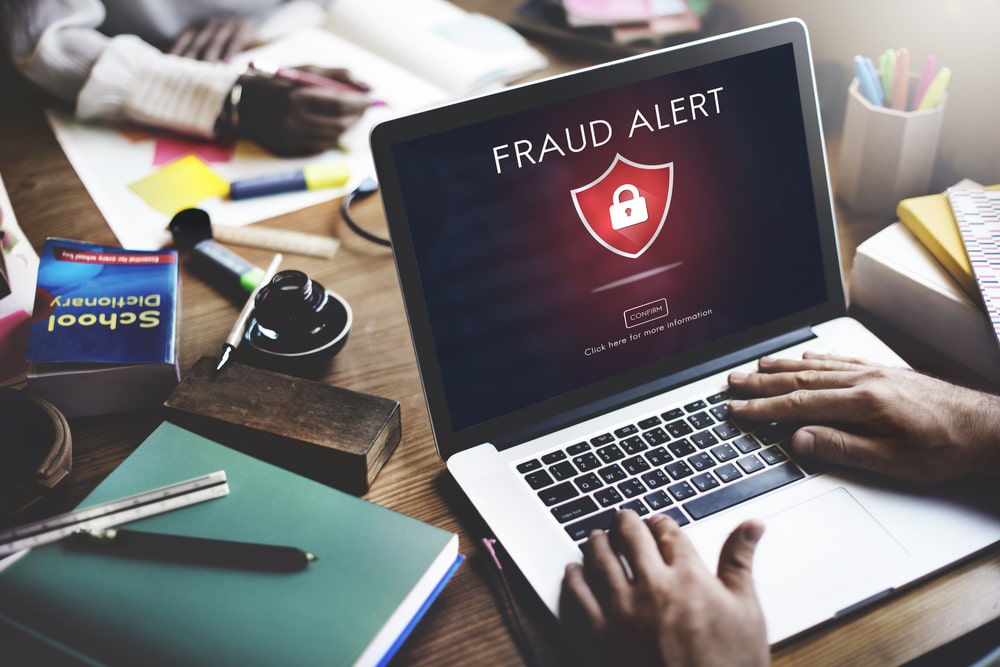Mark Godfrey looks at the worrying phenomenon in education today: fake universities and bogus qualifications.
Fake degree certificates for UK universities can be bought on the Internet for as little as £30. The “universities” offering the bogus qualifications claim the certificates can “fool anyone” and offer transcripts and student records as optional extras. Others are less crude and try to maintain the fiction of being legitimate learning institutions, placing ads in prestigious publication like Newsweek and the Economist which offer “credits for life experience” in the place of traditional classwork.
Despite living in a computer-dependent age, professionals still rely heavily on paper documentation to prove who and what they are. In an increasingly competitive job market, a good paper qualification greatly enhances job prospects, but with such high quality fakes on the market employers are faced with the massive headache of having to decide if their potential employees’ qualifications are genuine.
Fake Universities
In a six-month study by a New York-based corporate investigation firm, a quarter of 1,000 Curricula Vitae reviewed were found to contain false claims and qualifications, many of which were supported by fake documentation obtained on the Internet.
When it comes to falsifying academic records, some applicants choose to invent a whole new qualification, while others may lay claim to a degree which they actually failed to complete, or choose to upgrade a legally-obtained certificate.
In Britain, a survey of 1,500 top companies revealed that almost half of all human resource managers questioned saw false claims in CVs as a very serious problem for their company. The survey, which was carried out by information solutions company, Experian, found that lying about university qualifications accounted for 21 per cent of CV untruths, second only to lies about previous experience.
Persons falsely claiming to have a qualification and securing a job because of that lie commit a crime comparable to that of criminals opening bank accounts using false documentation.
Dire Consequences
Not only do untruthful applicants deprive employers of certain skills, but they also deprive honest applicants of a fair chance to secure work. For employers themselves, hiring applicants whose qualifications turn out to be false can bring serious problems, especially where the phantom degree is in a vocational subject. Failing to check that the academic claims of an applicant are genuine may ultimately leave a company or organization open to allegations of negligence, and lawsuits. For example, an engineering disaster or medical misdiagnosis could cost many lives. An untrained accountant who gets into an important public position meanwhile could wreak havoc on a state’s finances.
Those actually responsible for manufacturing and selling the fake academic certification, however, generally manage to avoid criminal prosecution by stating at the point of sale that their products are not genuine. An officer from a major British crime unit said that dealers in fake certificates could only be charged with aiding and abetting if it could be proved that they knew when they sold their products that they would be misused.
Employers can always verify an applicant’s degree by contacting the university in question and by checking that the university itself is genuine. But most do not. With modern-day computers, scanners and colour printers making it much easier to produce counterfeit documents, employers cannot afford to be complacent. A quick search online reveals numerous websites offering fake degrees for sale in a vast range of subjects. The qualifications may take the form of fake degrees from real universities, or “real” degrees from fake universities.
How to Spot a Fake
“Real” degrees from fake universities are awarded for “life experience”, a blanket term which could mean anything, although those offering such qualifications claim that the awards relate to real experience gained in a working environment and are for people whose level of expertise is far in excess of their paper qualifications. The names of these fake universities are often very close to those of genuine universities and university colleges, further confusing potential employers.
One academic certificate dealer contacted by the Counterfeiting Intelligence Bureau referred to itself as a “non-traditional university” and offered a BA for £125, a Masters for £195 and a Doctorate for £295. The dealers said they supplied degrees for all subjects except medicine and that the certificates would be received within a week. It also promised that, as it offered distance-learning courses, any potential employer seeking verification of the qualification would be assured that the requisite period of study had been undertaken.
The mushrooming of fake universities has been worrying the government regulators of education in India, a hotbed of the Internet revolution. After pursuing scores of fake learning institutes, the state has just passed an Act which gives the right to confer or grant ‘degree’ only to a university, established or incorporated by state law: “No institution, whether a corporate body or not, other than a University established or incorporated by or under a Central Act, a Provincial Act or a State Act shall be entitled to have the word “University” associated with its name in any manner whatsoever”, the law reads.
Thinking about going back to college? Find out about managing your money here.












Comments